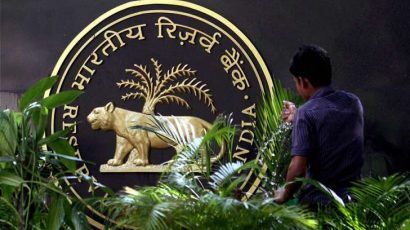Finding ‘self’ in Nature

Praveen Vikkath
Every time after a forest ride or practicing meditation, I feel afresh and rejuvenated, and it reminds me of a monologue, “A dream is a memory,” by one of the characters in the movie ‘Dream’ directed by Kim Ki Duk. It always comes into my mind as a memory of past life.
I think this can be better explained by the analogy that the experience of exploring human nature is similar to finding our roots in nature. In other words, connecting with nature also follows the same dictum as reconnecting with our own self.
Even though it may be difficult to explore nature, doing so will definitely be a great revitalizing experience as it will help us identifying ourselves with our roots and also the very basic nature of our character. This will help us understand how our character plays a role in getting reflected on our behavior.
One would thus start wondering about the reality of how the hidden memories in our unconscious mind get reflected as dreams paving the path for creativity.
As an exuberance of deep meditation, Buddha finds this experience as part of one’s greatness.
It is from that creative and poetic self-cantered disposition that Buddha grows into transcendence where he recognizes himself as universe and dissolves in Mother Nature.
Meditation
In meditation we travel ourselves getting revitalized by knowing our nature of existence as we do by exploring the nature.
For example, in mindful meditation, we would become aware of our thoughts, senses, memories, breathing and last but the least, the internal silence of our being. This silence is extracted after becoming aware of our nature that we are not separate but indivisible part of this universe.
In Buddhism this is referred to as path to liberation and Buddha passes through five stages of ladder, also known as Skandhas, which is described by Buddha as form (or material image, impression) (rupa), sensations (or feelings, received from form) (vedana), perceptions (samjna), mental activity or formations (sankhara), and consciousness (vijnana) and after travelling through all these stages Buddha attains the most transcendental stage.
The famous Heart Sutra in Mahayana Buddhism explains this state as Sunyatha (emptiness). This transcendental concept is quite, the very nature of human life. By achieving this state one would become stress-free, relaxed and revitalized and it is similar to how you explored the nature.
Famous Sufi poet Rumi describes this experience “ you are not a drop in the ocean, you are the entire ocean in a drop.”
So, exploring nature is a meditation where we realize our unconscious thoughts and memories and that awareness leads one to a revitalized state of mind.
This experience has been shared as a finest cinematic experience in Kim ki duk’s Dream.















